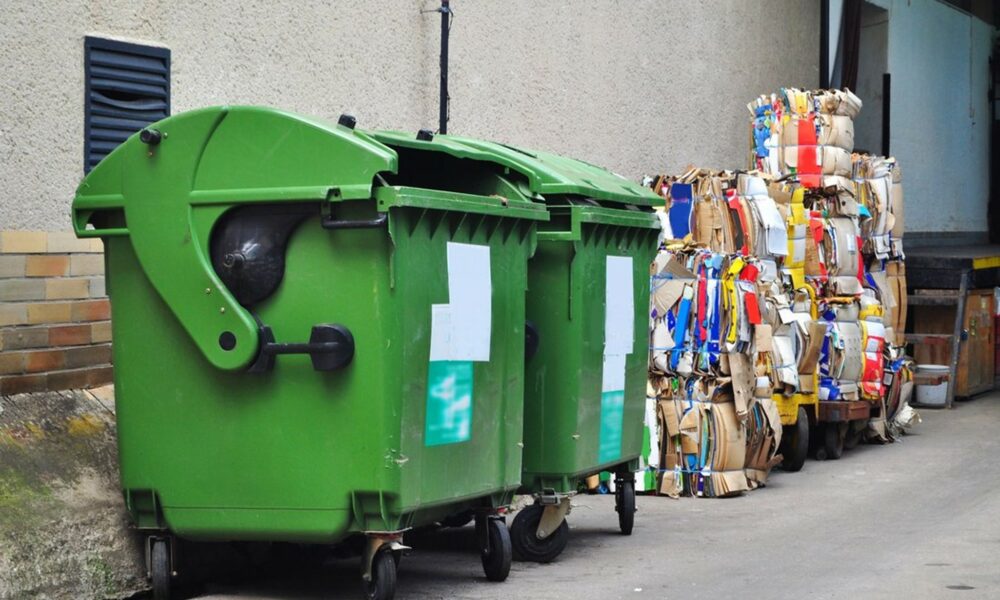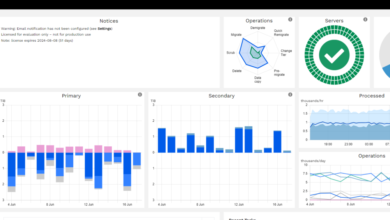What Are The Innovative Solutions In Waste Management Today?

Today’s innovative trash management systems include smart waste bins with sensors that monitor fill levels, allowing for more efficient collection routes and lowering carbon emissions. Advanced recycling technologies, such as AI-powered sorting systems, increase the recuperation of materials effectiveness. Decomposition projects transform organic waste into important soil enhancers, whereas waste-to-energy facilities convert garbage into renewable energy. Furthermore, neighbourhood-based options such as local skips for hire offer simple garbage disposal solutions, assisting homes and businesses in managing their waste sustainably. These skip rental services also encourage appropriate separation of waste and reusing materials, which contributes to a cleaner and more sustainable society.
Smart Waste Bins
When left to their own devices, people rarely care to separate their rubbish into the appropriate waste or composting receptacles. To help prevent improper recycling organizing, the Polish business Bin-e created a smart waste bin that employs artificial intelligence-based object recognition to automatically sort recyclables into different sections. Following sorting, the machine compresses the waste and measures how full each bin is.
AI Recycling Robots
Combining recycling with automation yields an accuracy that is difficult to exceed. AI recycling robots are meant to sort through waste and identify recyclable elements, resulting in highly specified waste pathways. This is performed by combining detectors with machine learning techniques. Once the materials have been sorted, the robot may provide details about how to properly dispose of them, resulting in a better waste disposal service.
Pneumatic Waste Pipes
One of the most effective technological solutions to this problem is the pneumatic waste pipe. Pneumatic pipes can be built below municipal waste bins to convey waste directly to processing plants, eliminating the need for garbage pick-up. This approach provides two primary advantages. The first benefit is that it will significantly reduce the number of garbage trucks on the road. This can assist in reducing hazardous emissions and the amount of automobiles crowding our cities. Second, moving debris directly from dumpsters to waste management facilities can assist prevent the tanks from bursting.
Waste-Level Sensors
Homes and businesses around the nation rely on regular rubbish collection companies to get rid of their trash. Regular services have existed for decades, but they are not necessarily the most economical alternative. To assist reduce wasteful trips to and from landfills, businesses and municipalities can install garbage level gauges in any size bin or dumpster. These gadgets capture and store data on fill levels, allowing collection companies to forecast how frequently bins need to be cleaned.
Solar-powered trash compactors
Ecube Laboratories has created an innovative waste management solution that uses solar energy to compress rubbish, reducing the need for regular emptying. Solar-powered compactors can hold five times as much rubbish as non-compacting bins, cutting pickup regularity by up to 80%. Solar-powered compactors can be put in both distant and urban regions. This reduces the pressure on centralized trash disposal facilities while also speeding up waste management due to local remediation.
Garbage Truck Weighing Mechanisms
Garbage trucks are an essential part of modern life, and weighing processes have evolved dramatically over the last few generations. Waste management companies looking to incorporate innovative technology are utilizing new garbage trucks to weigh loads and cut waste. These trucks include detectors that weigh rubbish as it is loaded into the vehicle. The program then uses this information to calculate the most effective route to the landfill while optimizing trash pickup schedules, taking into account circulation patterns and other factors.
Recycling apps
Filtering through polluted debris is one of the most difficult issues for recycling facilities. To restrict the number of unrecyclable items reaching these facilities, groups have developed apps such as Recycle Nation and Recycle that make recycling easier for individuals. These apps give customers with knowledge of recycling rates and centre locations, as well as thorough materials lists to help them choose which things can be recycled.
Final words
The future of waste management relies on the widespread adoption of novel solutions that solve the environmental, social, and economic challenges connected with garbage generation. These improvements, which include innovative technologies and enhanced recycling procedures, as well as community-based and environmentally conscious efforts, are transforming waste management. As these technologies mature and become more widely employed, they will help to create a more sustainable and resilient waste management system. Implementing these changes may move us closer to a future in which waste is decreased, resources are saved, and the environment is safeguarded for future generations.





